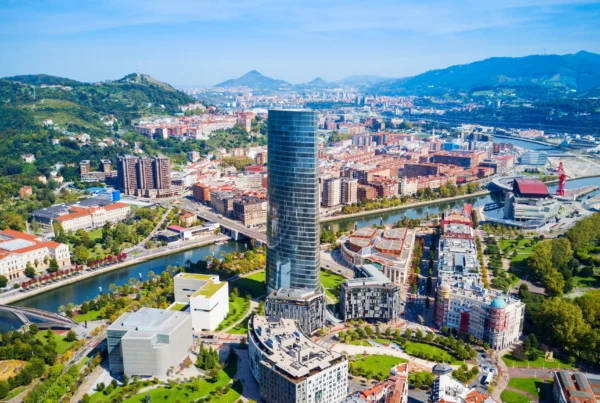Local and Regional Governments call on European Commission to safeguard the EPR Scheme in the Urban Wastewater Treatment Directive
As the European Parliament gathers in Strasbourg for a decisive vote on the EU Water Resilience Strategy, CEMR, along with 11 other European organisations representing Local and Regional Governments, public utilities, environmental NGOs, trade unions, and water professionals, has sent a joint letter to European Commission President Ursula von der Leyen. The signatories urge the Commission to firmly uphold the Extended Producer Responsibility (EPR) scheme introduced by the revised Urban Wastewater Treatment Directive (UWWTD), which entered into force on 1 January 2025.
The updated Directive sets ambitious targets for removing micropollutants from wastewater, achieving energy neutrality, improving transparency and sanitation access, and promoting water reuse and circular economy practices. A cornerstone of this legislative package is the EPR scheme, which requires producers of pharmaceuticals and cosmetics—responsible for 92% of micropollutants, according to the European Commission’s impact assessment—to cover at least 80% of the costs of the advanced ‘quaternary treatment’ process.
Local and Regional Governments, alongside wastewater operators, are already working to implement these new measures. However, concerns have emerged about potential efforts to revise or weaken the EPR scheme through future simplification packages or other instruments not foreseen by the Directive itself.
“The EPR scheme reflects a balanced and fair compromise that ensures polluters contribute to the costs of pollution removal, rather than shifting this burden to water users and public budgets,” said Fabrizio Rossi, Secretary General of the Council of European Municipalities and Regions (CEMR). “This provision is a strong driver for eco-innovation and the development of more sustainable products. It doesn’t have to raise costs for consumers—by preventing pollution at the source, companies can lower treatment expenses and ease the financial burden on the public.“
The signatories highlight that the EPR scheme:
- Aligns with the EU Treaty’s polluter-pays principle (Article 191(2) TFEU)
- Protects water affordability for households in line with SDG 6
- Encourages eco-innovation and sustainable product design
- Helps improve the quality of treated water and supports circular water solutions
The economic impact on industry is expected to be limited. According to the Commission’s analysis, the price of affected products would increase by a maximum of 0.59%, or companies could absorb the cost by reducing profit margins by up to 0.7%.
The letter concludes with a strong call to the European Commission to maintain its commitment to the Directive as adopted, and to resist any pressure to alter the scope or ambition of the EPR scheme. Doing so is vital to protect Europe’s water resources, public health, and the long-term resilience of local services.
The joint letter was signed by:
- Aqua Publica Europea (Bernard Van Nuffel, President)
- Council of European Municipalities and Regions – CEMR (Gunn Marit Helgesen, President)
- EurEau (Oliver Loebel, Secretary General)
- Eurocities (André Sobczak, Secretary General)
- European Anglers Alliance – EAA (Mark Owen, President)
- European Environmental Bureau – EEB (Patrick ten Brink, Secretary General)
- European Federation of Public Service Unions – EPSU (Jan Willem Goudriaan, General Secretary)
- European Water Association – EWA (Arthur Guischet, Secretary General)
- Health Care Without Harm – HCWH Europe (Erik Ruiz, Programme Manager)
- SGI Europe (Valeria Ronzitti, General Secretary)
- Surfrider Foundation Europe (Eric Morbo, CEO)
- Water Europe (Durk Krol, Executive Director)
You can read the full letter here
For more information, contact:

Advisor – Environment and mobility







